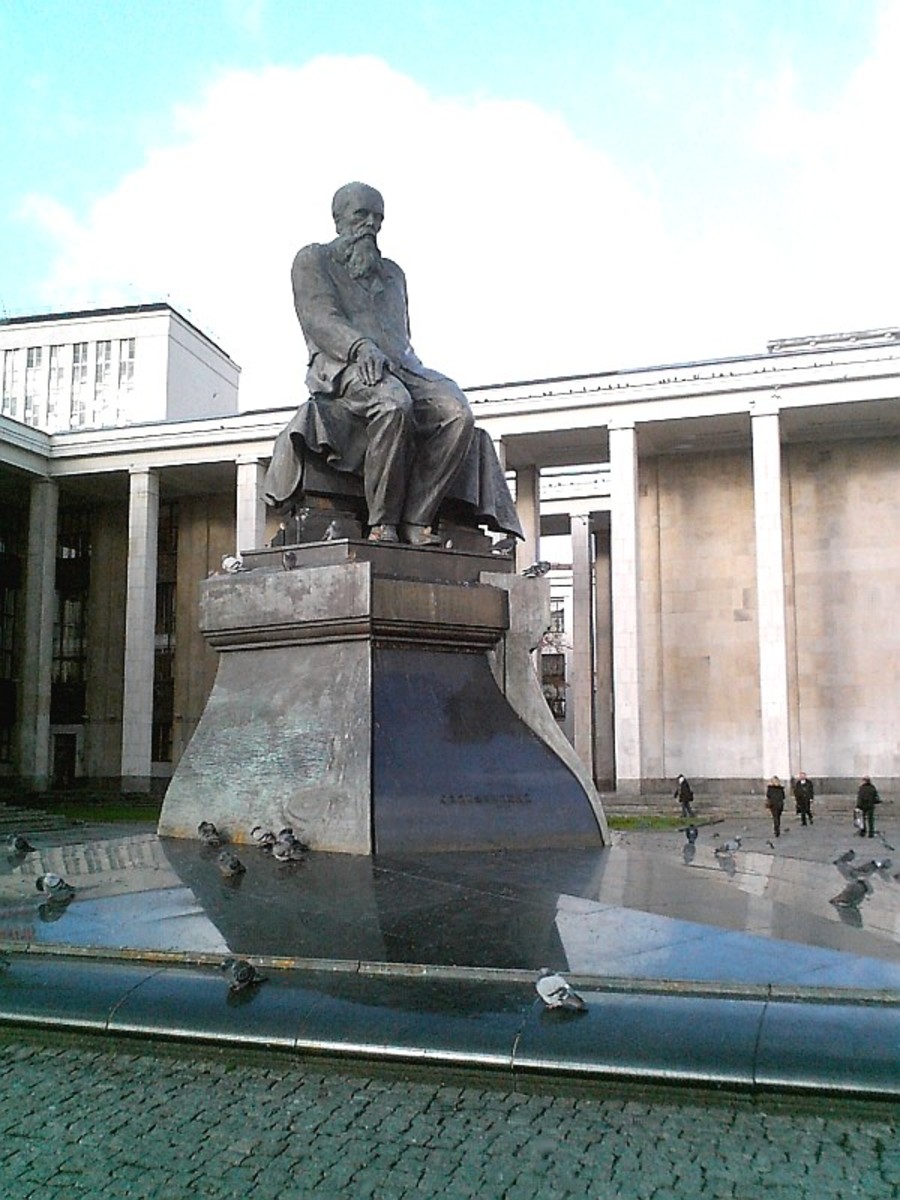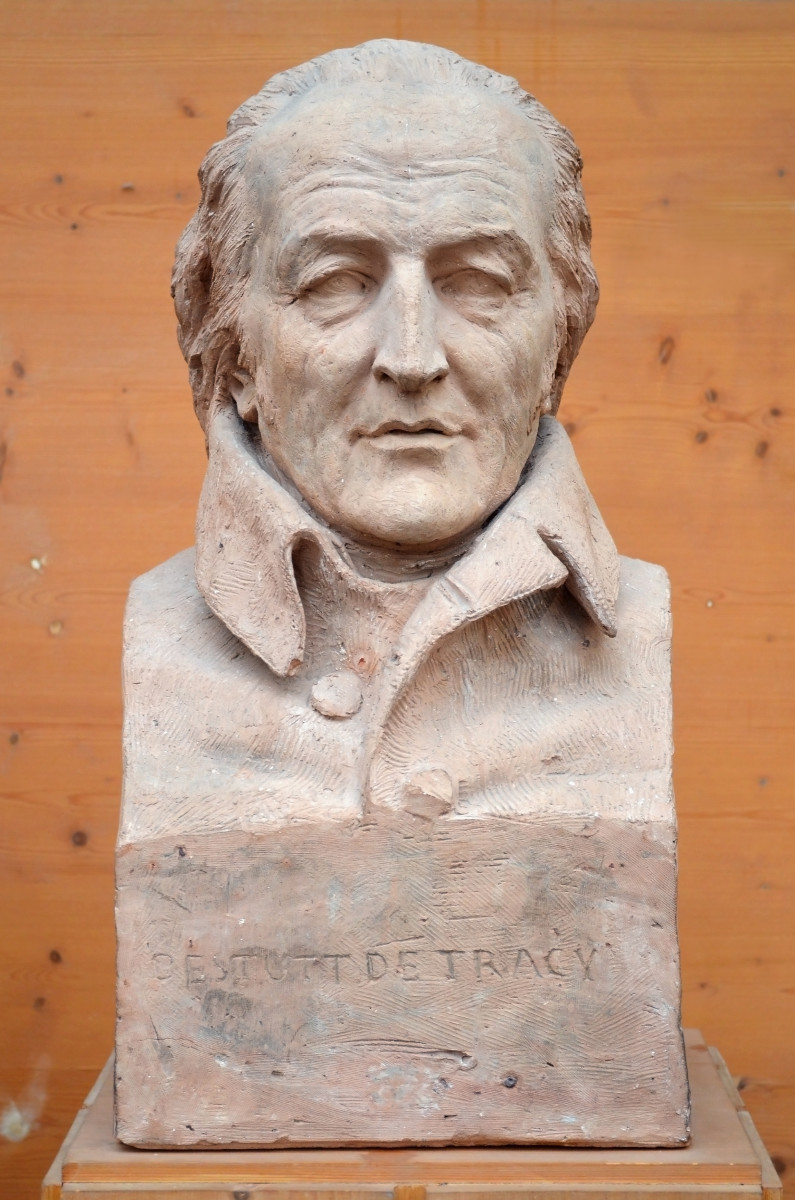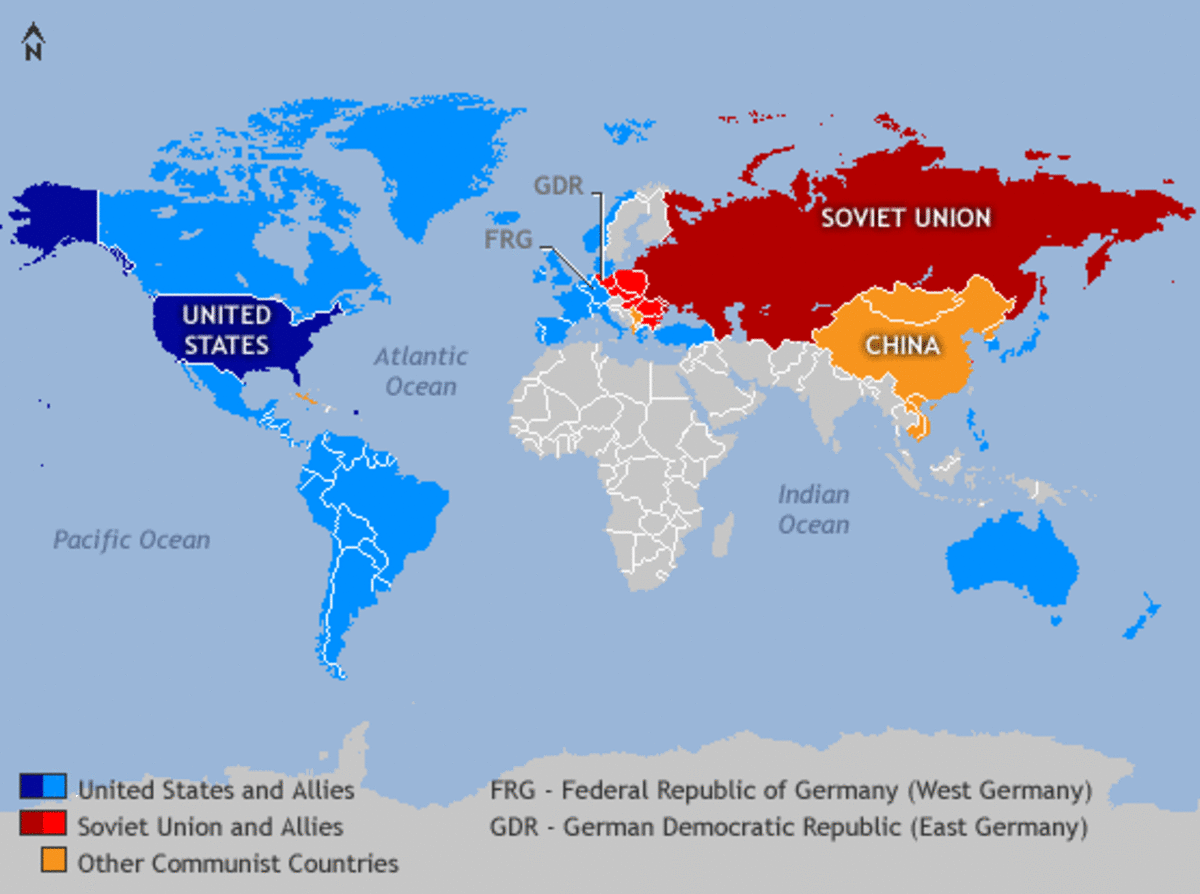Does Freedom Really Exist?
We are mechanical beings…
In the metaphysical world our minds, desires and actions are also somehow mechanical. Perhaps choices are not made at all and actions have a physical cause.
German idealists differed as there might be a spiritual reasoning to our banal reality hence not just a cause-and-effect pinball board experience.This idealism rejected a mechanical worldview but did not recognize individual freedom within their impersonal conceptions of reality. Hegel thought everything was caused by history working itself out while Schopenhauer believed that everything came down to blind, depersonalized will. It is evident in both views that personal will is marginalized and the hapless individual does not have much control in their lives.
Philosophers began placing more emphasison individual and group freedom during the mid- and late nineteenth century. Freedom and control became a common theme amongst philosophers such as John Stuart Mill, Karl Marx and Soren Kierkegaard and Friederich Nietzche.
They did, however, have different views on determinism which is the idea of individual’s actions have to happen the way they do. The outcome would be typically governed by natural laws, a divine plan or human nature which is ultimately incompatible with the personal freedom initiative.
Inspired by the original empiricists, mechanical determinism, an example of this view, states that everything is caused by something. This would grossly undermine the concept of free will and the empiricists would painstakingly explain how people’s actions can be free and causes aligned to their actions aligned to their actions resulted in self-realization.
Another form of determinism evolved suggesting that social or intellectual forces govern our actions. These philosphies certainly did not consider the individual to have much control over teir lives yet Marx and Hegel saw people as becoming increasingly free through the course of history.

Is freedom simply happiness?
British John Stuart believed that all things have causes and although human beings have free will human actions are inevitable. He developed the utilitarian view: an approach that accepts any action to be good if it leads to human happiness.
According to Mill, the more freedom you have, the happier you will be. We should pursue our own happiness as long as these attempts do not interfere with the happiness of others.
Critics argued that the pursuit of justice is more importantas it will not be observed in its purest form once everybody tries to make themselves happy.
Mill delivered a riposte stating that the idea of justice depends on happiness and is an ultimately more important consideration than justice. In fact, happiness will not prove to obstruct justice but assist in making the whole idea of justice possible.
There was, however, no means of distinquishing between the kinds of happiness or explaining how people can make them happy.
Mill then made a distinction between “higher” and “lower pleasures” and stated that we will learn to appreciate these higher pleasures once we have experienced them. People will subsequently pursue cultural activities for the sake of enjoyment.
Striving towards economic freedom
Karl Marx expanded on Hegel’s view of history as a process that leads to increased freedom as time progresses. Unlike Hegel, Marx was alluding to political and economic freedom.
Although Marx was a determinist to some extent he believed that the way people live is determined by the “relations of production”. Hence, our quality of life is determined by how we use our resources we have available. However, religion, philosophy and popular belief reflect a society’s power structure and we are usually compelled to fit in with that culture.
Marx envisioned the death of capitalism that would lead to a revolution that would evoke “the worker’s paradise” which is simply a communist form of government that would ensure freedom for everybody.
Capitalism would collapse as the disenfranchised masses would eventually overthrow the system and replace it with a system in which money becomes a secondary currency.
According to Marx, freedom is the ability to take pride in your work, not in the worth and amount of your possessions. This pride does not exist under capitalism and called these labourers working for others as “alienated labour”. The real problem is that communist revolutions were not inspired by workers but by political activists.
What does freedom mean to you?
The dream of freedom should inspire all of us

Freedom is understanding how important we are
Soren Kierkegaard developed a philosophy based on the importance of the individual and individual choice. Kierkegaard essentially objected to the philosophy of Hegel due to his impersonal approach. Hegel’s thinking was apparently so abstract that it ignored personal experience and the way in which we live our lives.
It was especially important for us to have a meaningful existence and meaning emanates from whether or not people sense that their lives have a permanent significance. However, this importance may seem temporary to most people.
Friederich Nietzsche, like Kierkegaard, believed that the individual is especially important. Individuality is indefinable and any attempt at a definition would place limits on it. The individual thus becomes something better than what we think as an individual. This superior individual became known as the “superman” or ubermensche.
Furthermore, Nietzsche explained that we cannot be objective about paving the way toward the superman.
In contrast, he identified what he called “the herd” who are those average people who like to stick together and think and act alike. They feel safe here but this herd mentality limits your possibilities in life. The herd will ultimately prevent you from creating new ways of thinking and acting. Resisting this mentality will pave the way for the superman introducing new possibilities for living.





